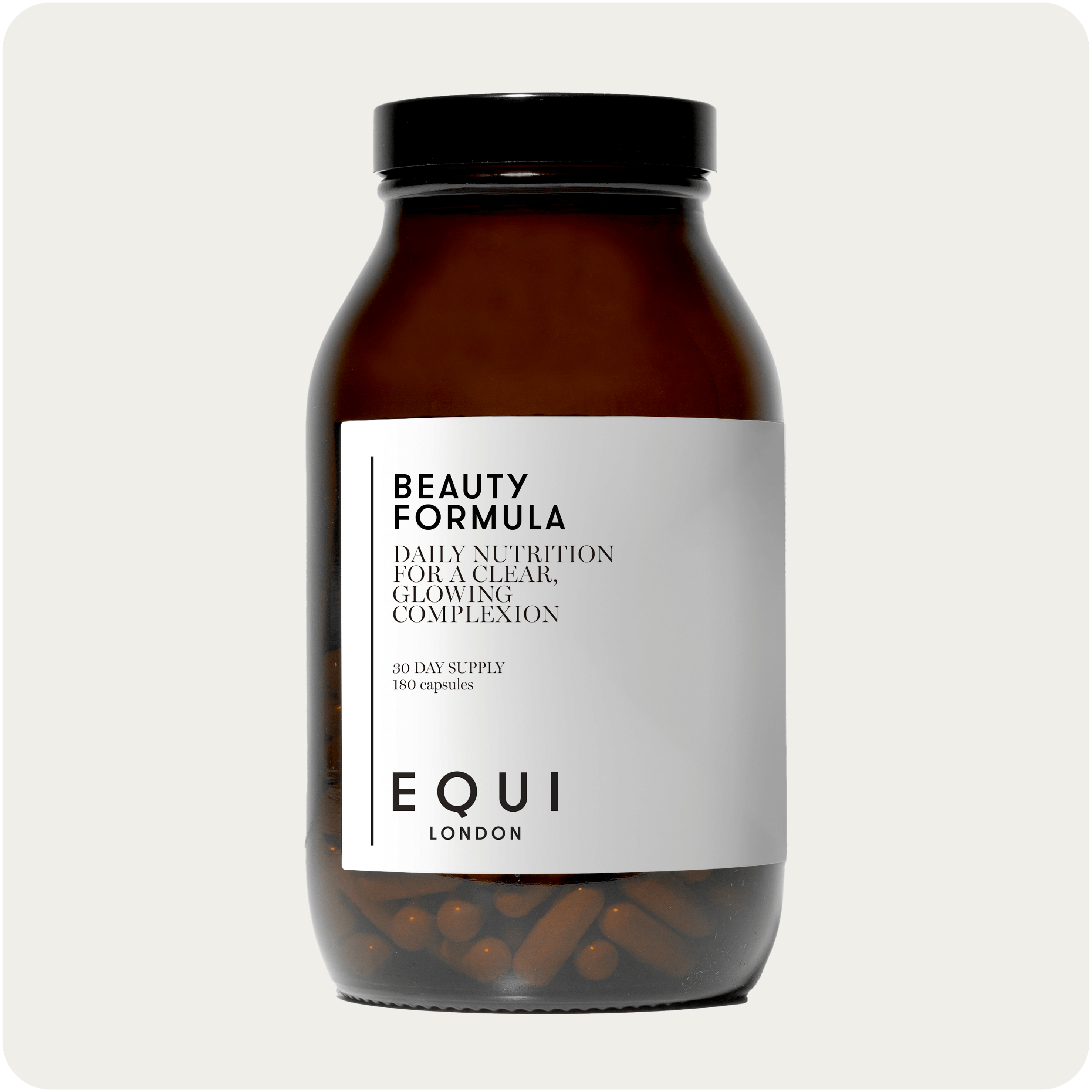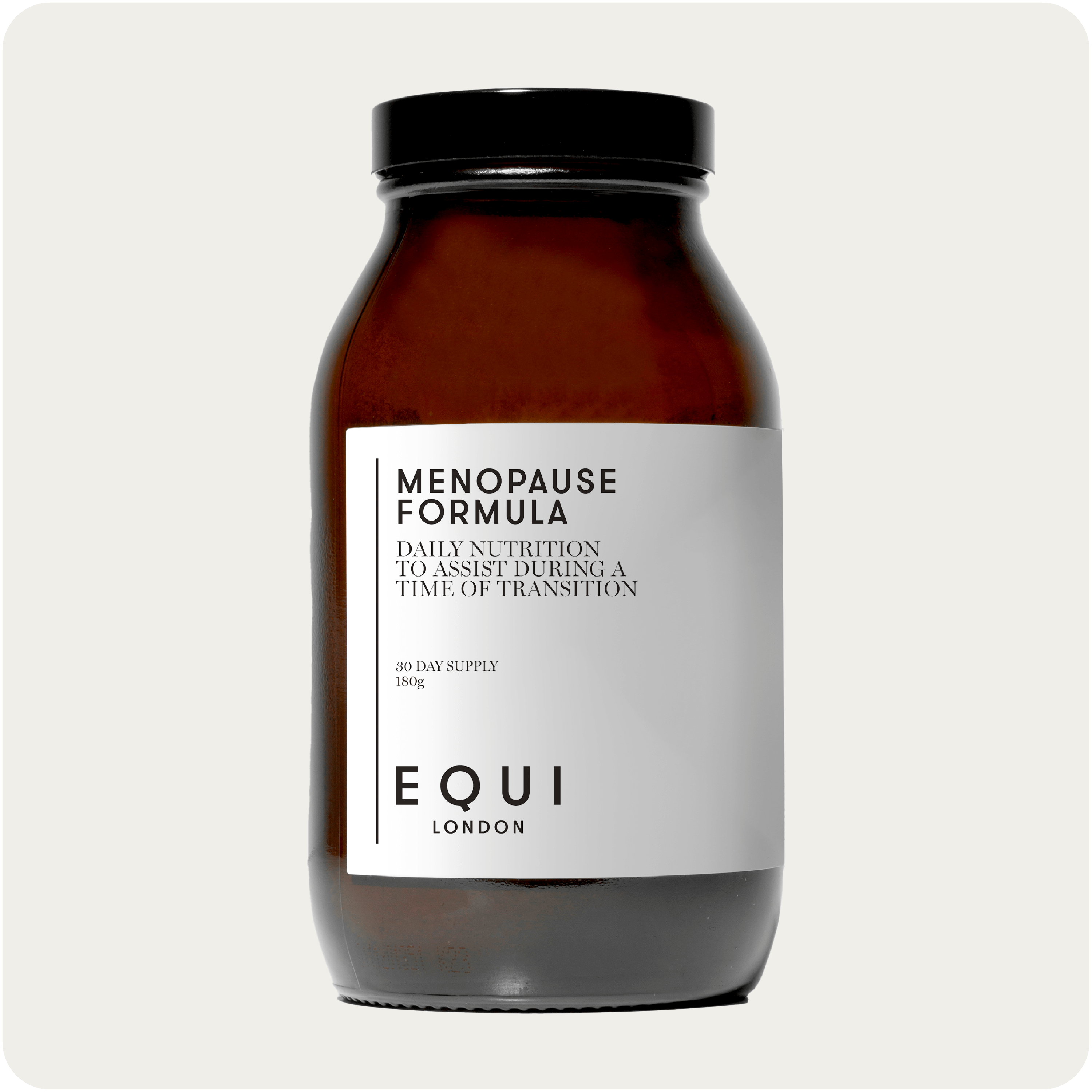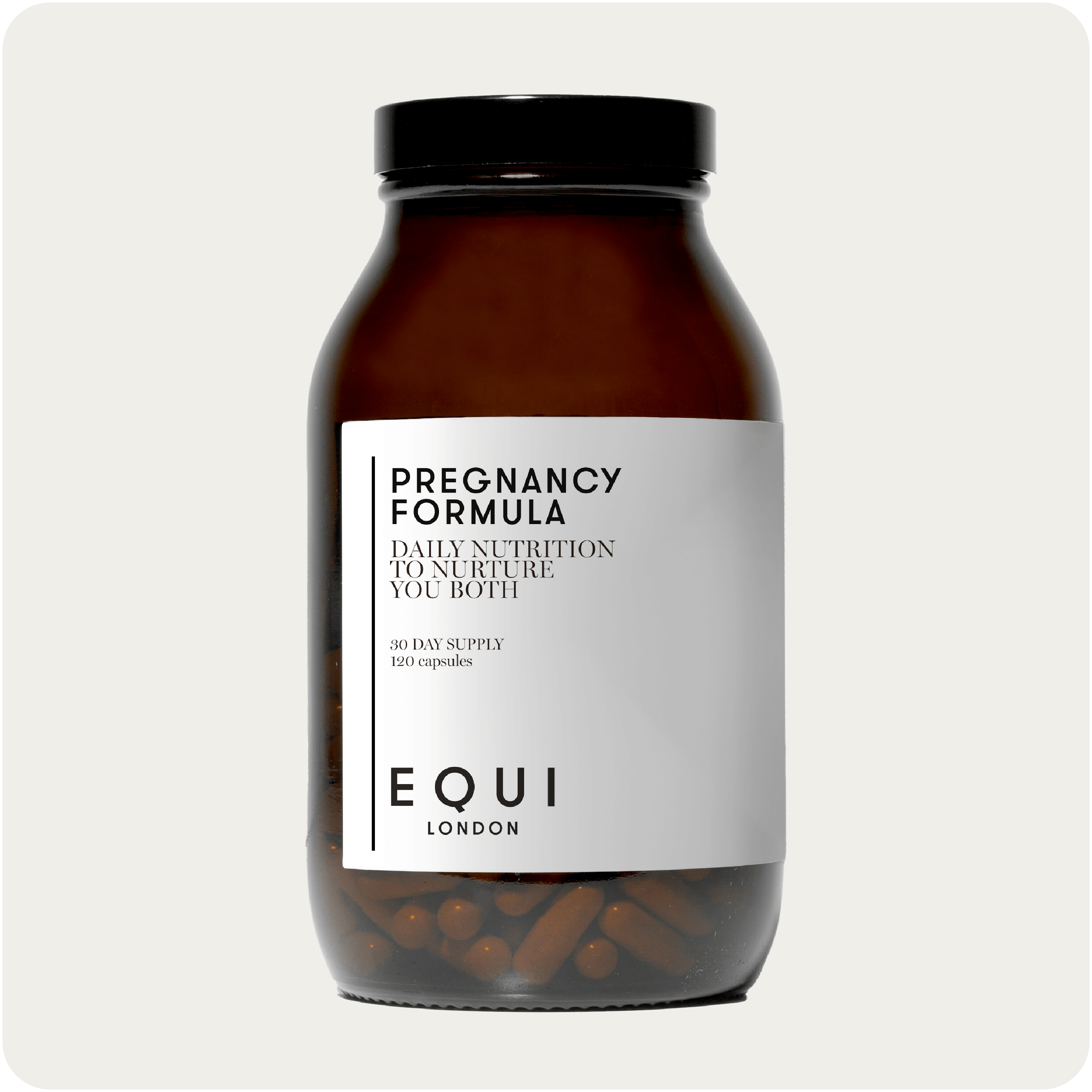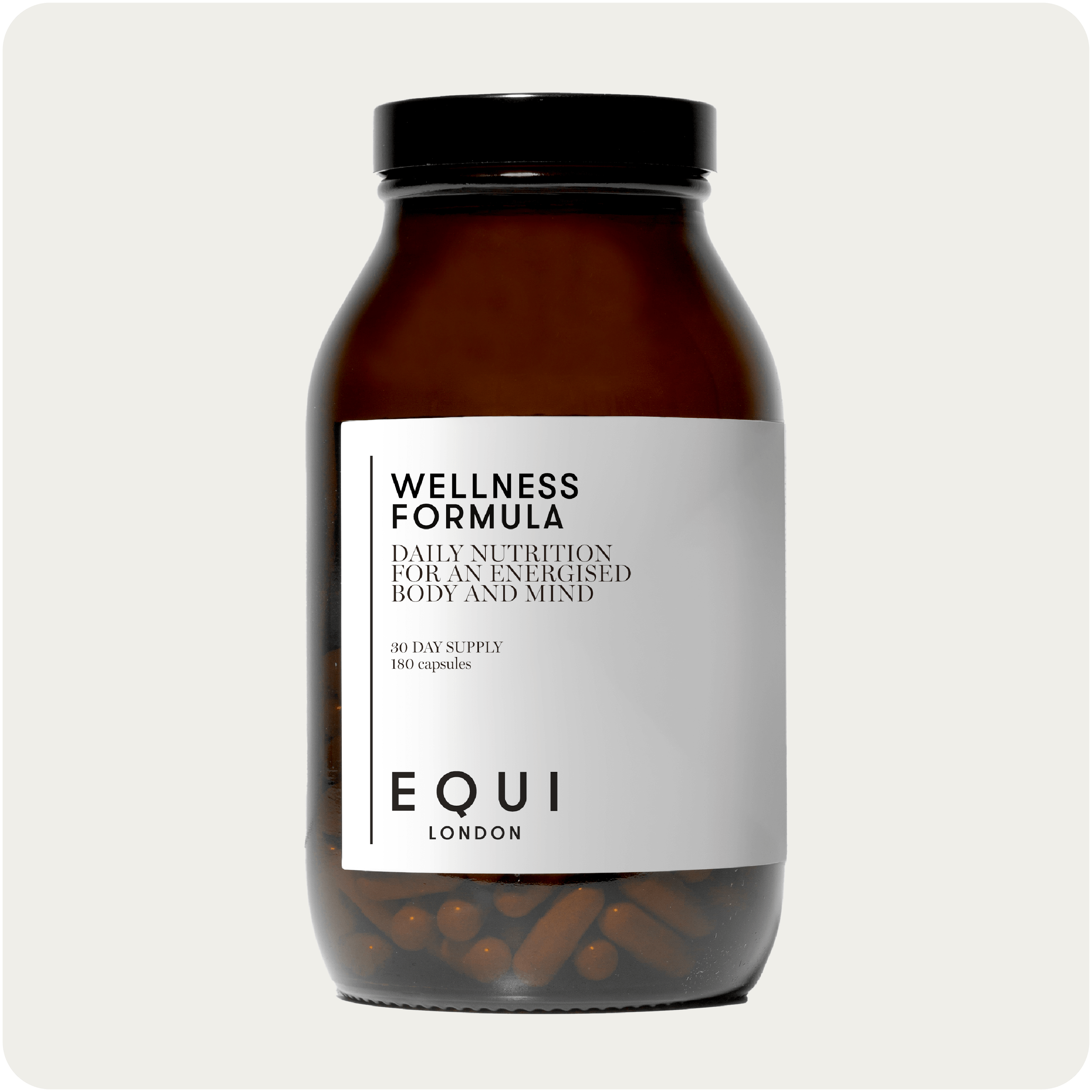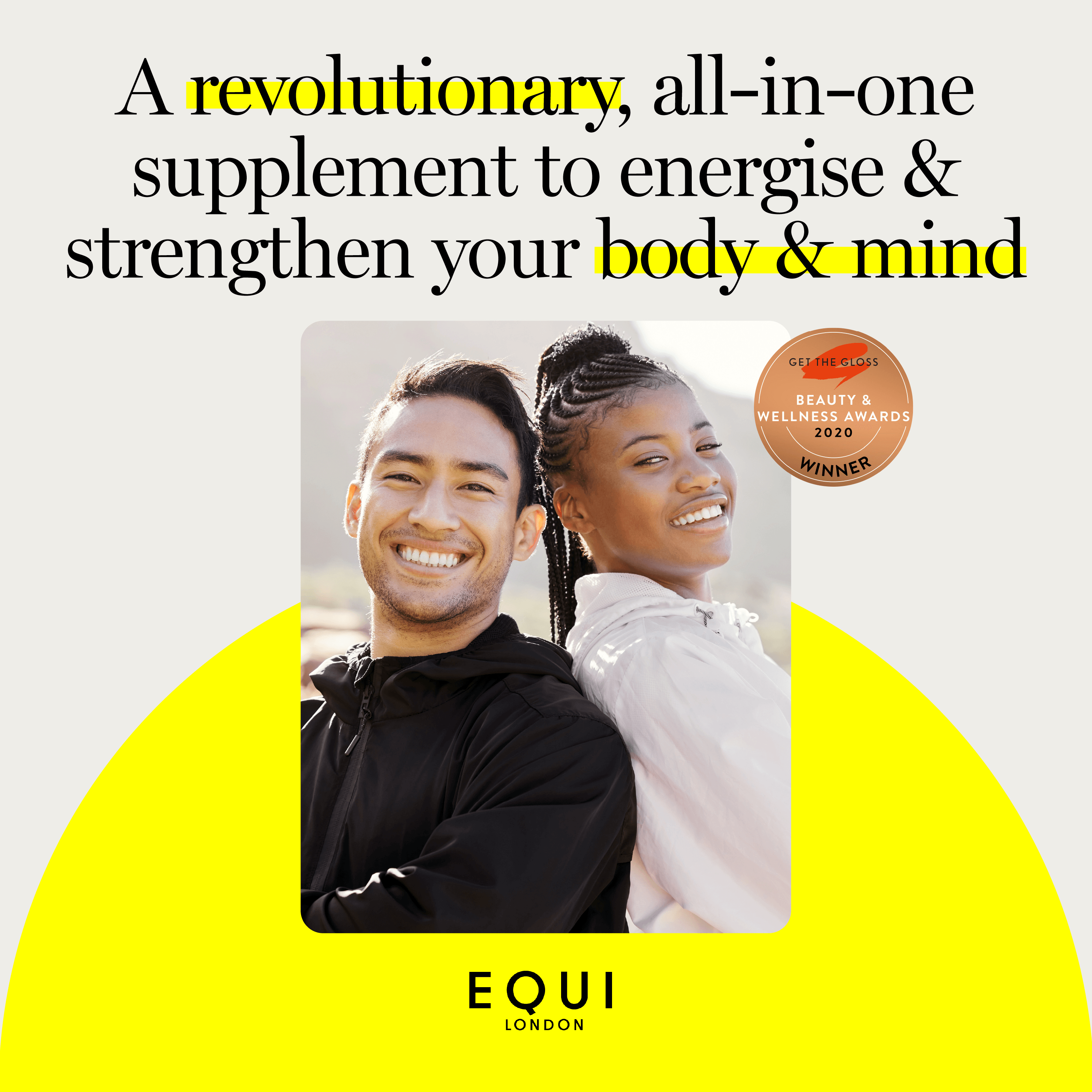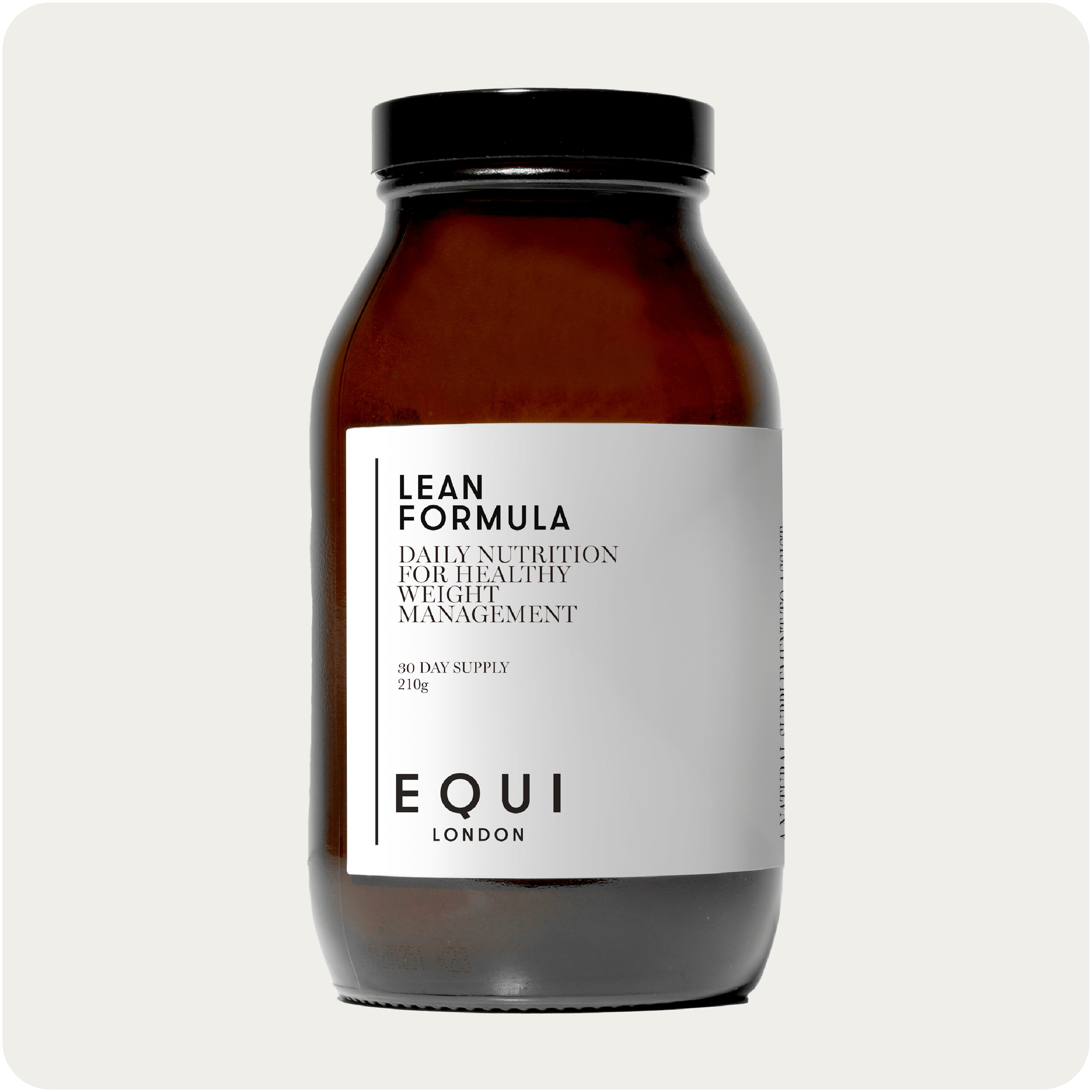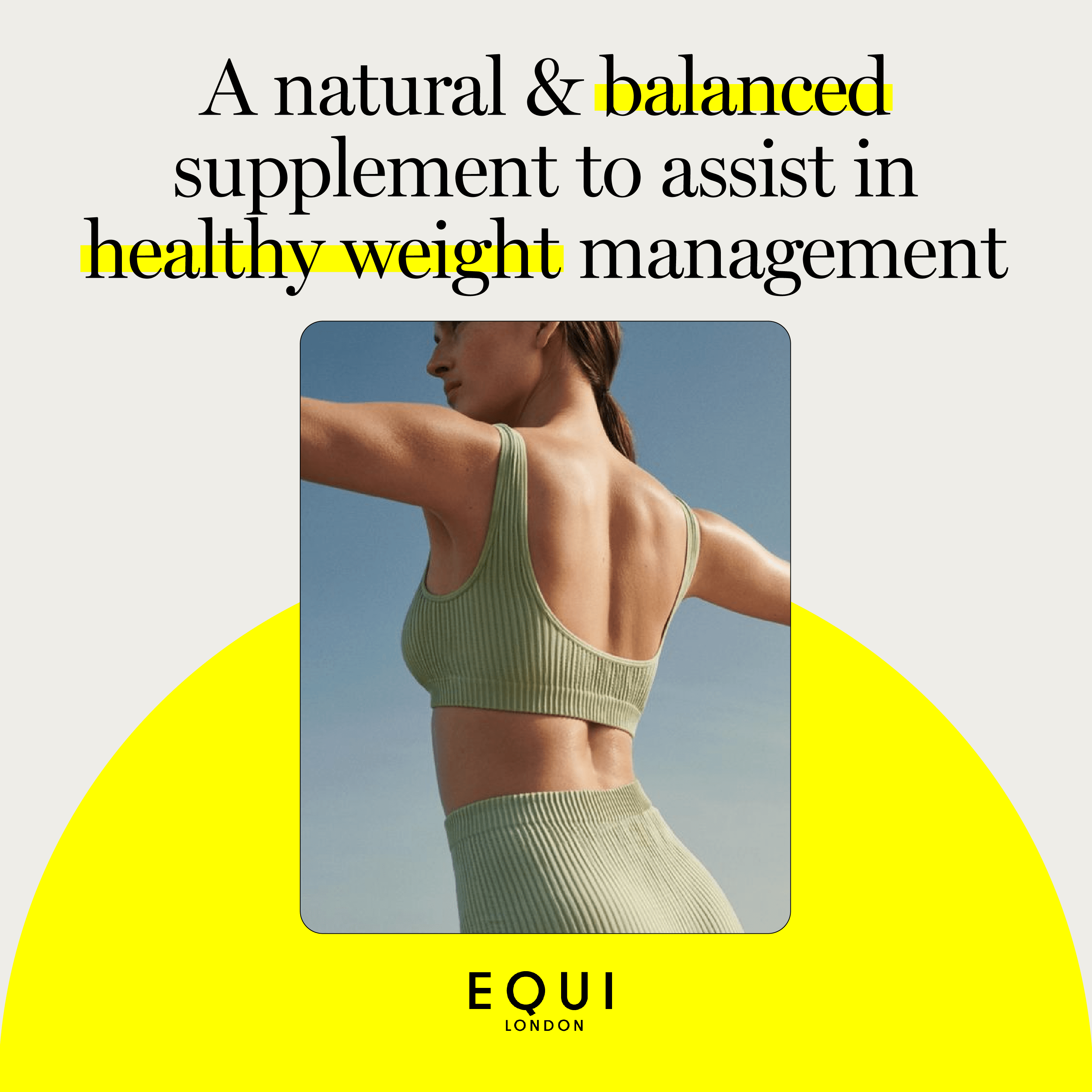The Ins and Outs of Vitamin D Supplements – Do We Really All Need to Take One?
In this day and age, we increasingly spend time shielded from the sunlight - be it in an office, wearing SPF (especially if it blocks UVB), or when the sky is overcast. If you live in the UK, this can be the case in the summer, let alone the winter when sunshine strength (if we do manage to expose our skin to it) is much lower in intensity.
Though we should be aware of the importance of having a healthy vitamin D level in our body, there are arguments as to whether we ALL really do need to take a vitamin D supplement. This in spite of the NHS recently changing their advice, now recommending that all adults supplements vitamin D over winter months (October-April), with pregnant women, the elderly and children needing special attention.What is Vitamin D?
Most people know vitamin D as the ‘sunshine vitamin’ – indeed sunlight directly on the skin kicks off a series of physiological reactions that result in the synthesis of active vitamin D3. Contrary to its name, however, in the body, it acts less like a vitamin, and more like a hormone in the body once converted into calcitriol, the active form.
Why Do We Need It?
Almost every cell has a detector for vitamin D, so its jobs appear to be very varied. So far, research has shown it is needed for:
- Calcium absorption and balancing phosphate levels in the body
- Healthy teeth, bones, and muscle (needed to prevent rickets)
- Brain health and mood (especially important for metabolising serotonin)
- Immune function
- Regulating inflammation
- Hormone support
- Research has shown that low levels may impact our risk of developing diabetes, cardiovascular diseases
- Low levels associated in some research with poorer cancer treatment outcomes, for some types of cancer. More research definitely needed here
- Helping to slow the ageing process... we thought that might get your attention
How Do I Know If My Levels Are Low?
This depends on your definition of deficient, which varies depending on what country you’re in and who you talk to.
The NHS guidelines are as follows:
- <30 nmol/L – deficient
- 30-50 nmol/L = insufficient levels
- >50 nmol/L = adequate
- >125nmol/L = thought to be excessive
However, it's worth knowing that many healthcare experts suggest that optimal levels should be above 75 nmol/L, and anything below this should be considered insufficient. More research is needed to confirm this, but don't worry, below we outline how best to interpret your results.
It’s very hard to know if your vitamin D levels are low based on guesswork alone, however some of the following issues may be linked with deficiency:
- Muscle, joint and bone pain or weakness
- Thyroid imbalances
- Poor immunity – pick up colds often, find it hard to shake them off, or have an autoimmune condition
- Changes to mood, or seasonal affective disorder (SAD)
- There are some studies linking autism in children with low maternal vitamin D during pregnancy
There are also people who could be more prone to deficiencies such as:
- Strict vegans
- People with dairy allergies (vitamin D is found in dairy)
- Anyone with darker skin tones
- Those with obesity are also prone to low vitamin D, because fat cells absorb more and store it away, and may make up to 50% less available for circulation
- Some individuals can have genetic alterations that prevent them from processing vitamin D as efficiently, meaning levels can be lower
Testing
It’s therefore a really good idea to get your levels checked yearly. Ideally do this around November/December, which is when levels can start to fall following the summer. This is especially the case if you are pregnant/planning pregnancy or have a diagnosed condition such as diabetes or cardiovascular problems.
You can easily get levels tested at your doctor, or do it at home with an easy finger prick test via Medichecks (£39).

So, Do I Really Need A Vitamin D Supplement?
Ultimately, the best course of action is to get tested and then get advice from a qualified expert about what is best for you.
If your levels are considered to be deficient (<50nmol/L) then it’s both safe, and a good idea to take a vitamin D supplement especially if you’re in the risk groups above, or suffer with any of the signs of low vitamin D. This is especially the case in winter when your levels may continue to get lower as the darker months progress. You can retest after 3 months to monitor changes and either continue, increase the dose, or stop, depending on how it’s changed.
20-30 minutes per day in direct, summer strength sunlight, without SPF (body better than face!) should also deliver a good daily dose. A great tip from our nutritionists - don’t swim right after exposure, as this can impact how much vitamin D is formed in the skin, so it's a good idea to wait 20 minutes before showering or swimming.
If you haven’t tested, then the official advice from the UK government is that all adults should take a vitamin D supplement over winter months. The daily recommended level is 400iu, or 10mcg.
Pregnant women should consult their doctors, as they may need to take more.
Equi’s Formula range (Original, Beauty and Lean) all contain 400iu vegan vitamin D3 (a far superior form than D2) whilst Pregnancy Formula and Immunity Edition contain 1000iu per daily dose, so you don’t need to take extra on top, unless you have a requirement. Our Formula range of supplements also contain vitamin K2 and vitamin A to help activate vitamin D in the body... more on this below.
What Else Does Vitamin D Need To Work In The Body?
Though vitamin D will get to work on its many jobs once in the body, to really work optimally there needs to be a synergy of vitamins and minerals present, which activate the vitamin in the body. These are vitamin K2, which is different to K1 (found abundantly in most vegetables and rarely deficient in the diet). K2 meanwhile is far more commonly deficient, being found in fermented foods such as kefir, unpasteurised cheeses, liver as well as fatty cuts of meat, cream and butter (commonly lower in a vegan diet). Vitamin A is also important, being found in many of the same foods, as well as vegetables and fruit. To ensure that vitamin D works well in your body, we provide K2 and vitamin A in our Formula range alongside vitamin D.
Note that vitamin A is found as beta carotene in Pregnancy Formula, not as vitamin A owing to the NHS guidelines
Can I Take Too Much?
Having excess vitamin D in your body over a long period of time could increase calcium levels too much, which in very rare cases may potentially leading to liver/kidney damage. The daily recommended level of 400iu (10mcg) is unlikely to be anywhere near an unsafe or toxic daily dose for most adults. Indeed, studies show that daily doses upwards of 10,000iu/daily might lead to toxicity. For most people taking 400iu/day over winter, toxicity is a long way off... again it's good advice to check if you're worried.
Will My Diet Deliver Vitamin D?
Oily fish, egg yolks, and mushrooms (especially if you leave them to sunbathe!) are modest dietary sources and some foods are fortified with vitamin D, including some breakfast cereals (sadly the latter are often processed and refined so be sure to check the label). However, if you are really deficient, this is very unlikely to bring levels up significantly.
